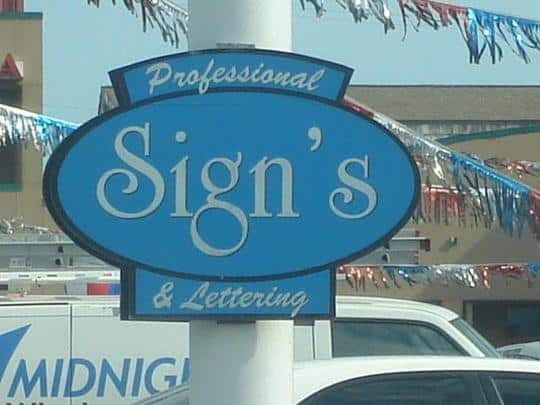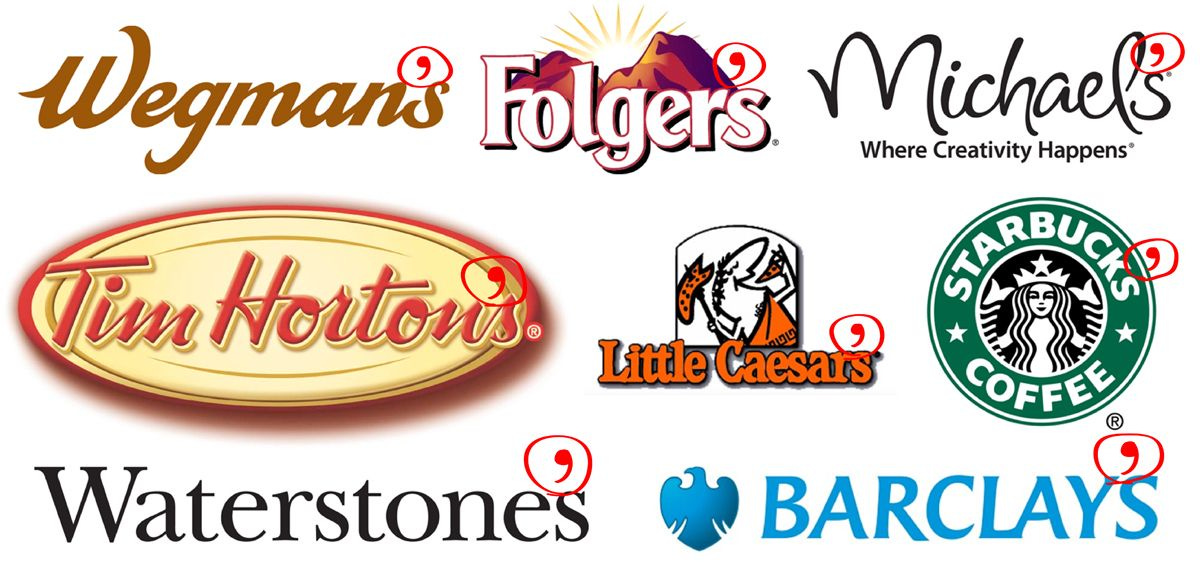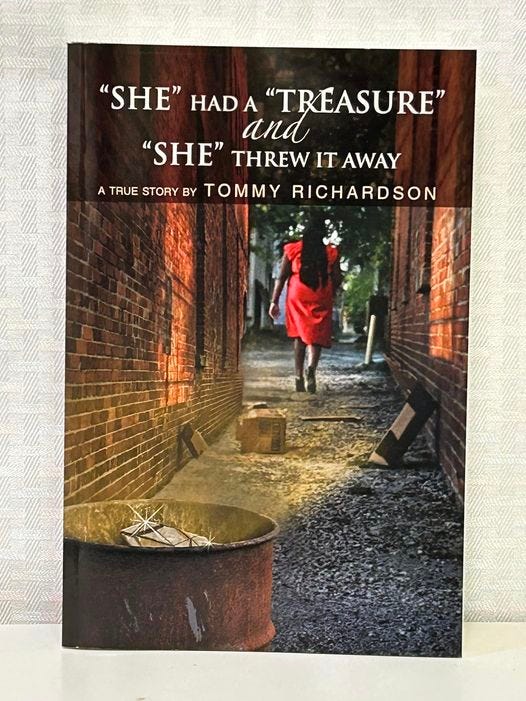WHEN I DO a Ross Rules workshop, I’m sometimes asked about the most common errors I spot in other people’s writing. My answer, which follows, is totally subjective. It’s based on nothing but my experience with mostly professional or aspiring writers (rather than, say, a random sample of subway passengers or university students). Online content gurus assure us that readers love Letterman-type lists, so here are my Top 10 Grammatical Errors.
Before we start, though, here’s a quick little spelling test. How many of the following words are mispelled? (Answer at the end.)
Mischievious, pronounciation, restauranteur, occurrance, priviledge, manoeuvre, entreprenuer.
OK, here are the 10 grammatical errors I see most often:
10. INFER AND IMPLY
Some people confuse these words. Infer means assume or conclude, imply means suggest.
When his passcode was deactivated, he inferred that he’d been fired.
By tipping an imaginary glass to his lips, he implied that she was heavy drinker.
9. RANDOM CAPITALIZATION
More and more People capitalize Words for no reason. Being a general manager doesn’t make you a General Manager. Nor does Heightened Emotion justify Capitalized Words! Or, God forbid, ALL CAPS!!! Only proper nouns are capitalized: April, Canada, National Hockey League, Easter. (I blame Trump for this ugly proliferation, and for much else.)
8. LESS/FEWER; AMOUNT/NUMBER
The distinction is whether you can count what you’re describing. A dump trunk carries a large amount of gravel. A pistol holds a limited number of bullets.
Sanchez threw less balls than strikes.
Nope. Sanchez threw fewer balls than strikes.
The Yankees hit a record amount of home runs in July.
Nope. The Yankees hit a record number of home runs in July.
7. ITS AND IT’S
People associate apostrophes with possession, so “The house lost it’s roof” makes intuitive sense, I guess. You just have to remember that its is a rare possessive form (like hers, yours, theirs) with no apostrophe.
It’s is always and only a contraction. I know a lawyer in his fifties who still can’t keep it straight.
While we’re at it, let’s throw in your, you’re, yours, there, they’re, their, there’s, and theirs. Auto-complete and voice-to-text probably help explain the rampant misuse of these words. I suspect that some people notice the errors but don’t bother correcting them—then eventually stop noticing the errors altogether.
6. THAT AND WHICH
In grammatical terms, these words signal the distinction between restrictive and non-restrictive clauses.
We looked at dozens of condos. The condo that we bought is on the eighth floor.
Dozens of condos have been restricted to one. “That we bought” specifies which one.
The condo that we bought, which cost $600,000, is on the eighth floor.
“Which cost $600,000” is not essential to understanding which condo was purchased. The which clause is not restrictive. It just adds further information.
I’ve noticed that many British writers use which over that even in restrictive clauses.
5. COMPARATIVE AND SUPERLATIVE
Which do you like best, chocolate or vanilla?
Nope. We need the comparative form here, not the superlative.
Which (of two options) do you like better?
Vanilla is good. Strawberry is better (than vanilla). Chocolate is best (of three or more).
Brent is my son = you’re Brent’s mother.
Brent is my older child = you have exactly two children.
Brent is my oldest child = you have three or more children.
4. APOSTROPHE CATASTROPHE
Apostrophes where they don’t belong:
And no apostrophes where they’re called for:
While we’re at it, let’s not forget all the quotation marks floating around out there, wondering about their purpose in life:
3. COMMA SPLICE
This happens when you join independent clauses with a comma (instead of a period, colon, semi-colon, or dash), I’m doing it right here in this sentence, people do it frequently these days especially in texts sometimes they don’t even bother with the comma.
2. AFFECT AND EFFECT
Words especially easy to confuse since they’re spelled similarly, and both are verbs as well as nouns. The head of a Vancouver company told me, “I avoid using them because I don’t want to get them wrong.”
VERBS: The short days affect my mood
In a big company, it’s hard to effect change.
NOUNS: The drug’s effect was immediate: the patient’s affect changed completely.
ADJECTIVES: The drug was very effective in treating the patient’s seasonal affective disorder.
1. DANGLING OR MISPLACED MODIFIERS
This refers to a phrase or clause intended to modify something that, because the sentence is poorly written, is actually modifying something else. In my experience, it’s the most common grammatical error made by literate people.
As a young man, Rebecca was my whole world.
(Who knew Rebecca was once a young man?)
After stinking up the guest room all weekend, Bob K. found a dead mouse under the bed.
(Bob K. really should shower more often.)
Stepping out of the car, arms loaded with groceries, a German Shepherd started barking furiously.
(Talk about a service dog!)
BONUS: TOP 10 SPELLING ERRORS
Technology should have made spelling errors a thing of the past, but there are still plenty of misspellings out there. I find these to be the most common:
10. Accommodate
And several other words with two pairs of double letters, such as embarrassment and millennium.
9. Harassment
And other words that might have more double letters, or double letters that might be in the wrong place, such as unnecessary.
8. Occurrence
It’s not just the double-letter question—people change the e to an a, as they do with desperate.
7. Irrepressible
Double letters, yes, but also the ending: -ible or -able? The same question arises in words such as inadvisable, irresponsible, and indistinguishable.
6. Lightening, lightning
By lightening my hair so much, and spiking it with gel, my hairdresser made me look as if I’d been struck by lightning.
More than once watching hockey I’ve seen a chyron (the scroll at the bottom of the screen) that said Tampa Bay Lightening.
5. Premier and premiere
Movies and plays have premieres, or first showings. Provinces have premiers—even provinces with female leaders. In tennis, Serena Williams is the premier (not premiere) women’s player of all-time. (And, just to confuse you, guys with golden hair are blonds, girls with golden hair are blondes.)
4. Foreword, forward, forwards, foreward
A foreword is an introduction to a book.
Forward is the opposite of backward.
Forwards is a British way of saying forward.
Forwards also describes the players who line up closest to the opponent’s goal.
Foreward is a spelling mistake.
3. “Hear, hear!”
It’s what you hear after a stirring speech in the House of Commons. Some people imagine they’re hearing “Here, here!” when they hear “Hear, hear!” And since we’re dealing here with homophones, I suppose they are hearing “Here, here!” But “Here, here!” is not what the shouters intend, and not how you spell it. Maybe we should change it to “Listen up!”
2. Restaurateur
Most foodies know the proper spelling, but lots of people don’t. I’m not sure where the n went, but it vanished when we referred to the guy who operates the restaurant.
1. Cappuccino
Speaking of restaurateurs, and double letters, and imported words: I refuse on principle to have coffee at any place that offers cappucino or capuccino, of which there are many. New Ross Rule: if you can’t spell it, you shouldn’t sell it.
Of course, adopted Italian opens a whole new can of words. How did portobello mushrooms turn into portabella shrooms when they hit the store? Why is bruschetta spelled brushetta at the Italian place I visited recently? (Because that’s the way people mispronounce it.) Lasagna refers to the pasta, lasagne to the dish. One paparazzo, two paparazzi (also frequently misspelled).
Not far from me is a restaurant called Illuminaté Restorante. You might guess that Illuminaté is French for illuminated, but French for illuminated is actually alluminé. If you nix the accent on illuminaté you’d have the feminine plural of the Italian adjective (as in camere illuminate, or illuminated rooms). We can’t nix the accent, though, because it makes the restaurant seem sophisticated. Restorante is not a word in any language. So we have two words that don’t exist naming a place in British Columbia that serves “Upscale Italian Cuisine” prepared by Chef Roland, a Swedish guy who trained at the French Culinary Institute.
OK, I’m getting myself worked up. Time to stop.
AND FINALLY. . .
The answer to the spelling question at the start: all the examples are incorrectly spelled except for manoeuvre. In the question itself, misspelled is missing an s.
YEAH, BUT WHO CARES?
If your writing conveys what you mean, and the reader gets it, does grammar matter? Is an emailed invitation that says “The Parker’s might also drop by” a big deal? Of course not. And even I am not about to honk at a posse of Hells Angels on Harleys to point out that their leather jackets are missing an apostrophe.
On the other hand, mistakes cost you esteem in the eyes of those who notice them. It’s like the guy in a fine suit who makes a great impression until you see his worn, scuffed shoes. On dating sites, many women swipe left when they see obvious errors in a profile. Details change others’ perception of you.
Why care about grammar and spelling? An entrepreneur quoted in the Harvard Business Review put it this way: “Everyone who applies for a position at one of my companies takes a mandatory grammar test. Good grammar is credibility. In your physical absence, your words are all you have. They’re a projection of you.”
Hear, hear!









Great piece. I wonder if the owners of Illuminaté Restorante meant to imply that their place is where the Illuminati hang out? Under the mistaken impression that "Illuminati" somehow means bright? Once you start crawling down the grammatical rabbit hole, mistakes proliferate like a Gorgon's head. Which suggests an addition to your list of common mistakes: mixed metaphors.
Another good rant, Gary. Keep 'em coming.